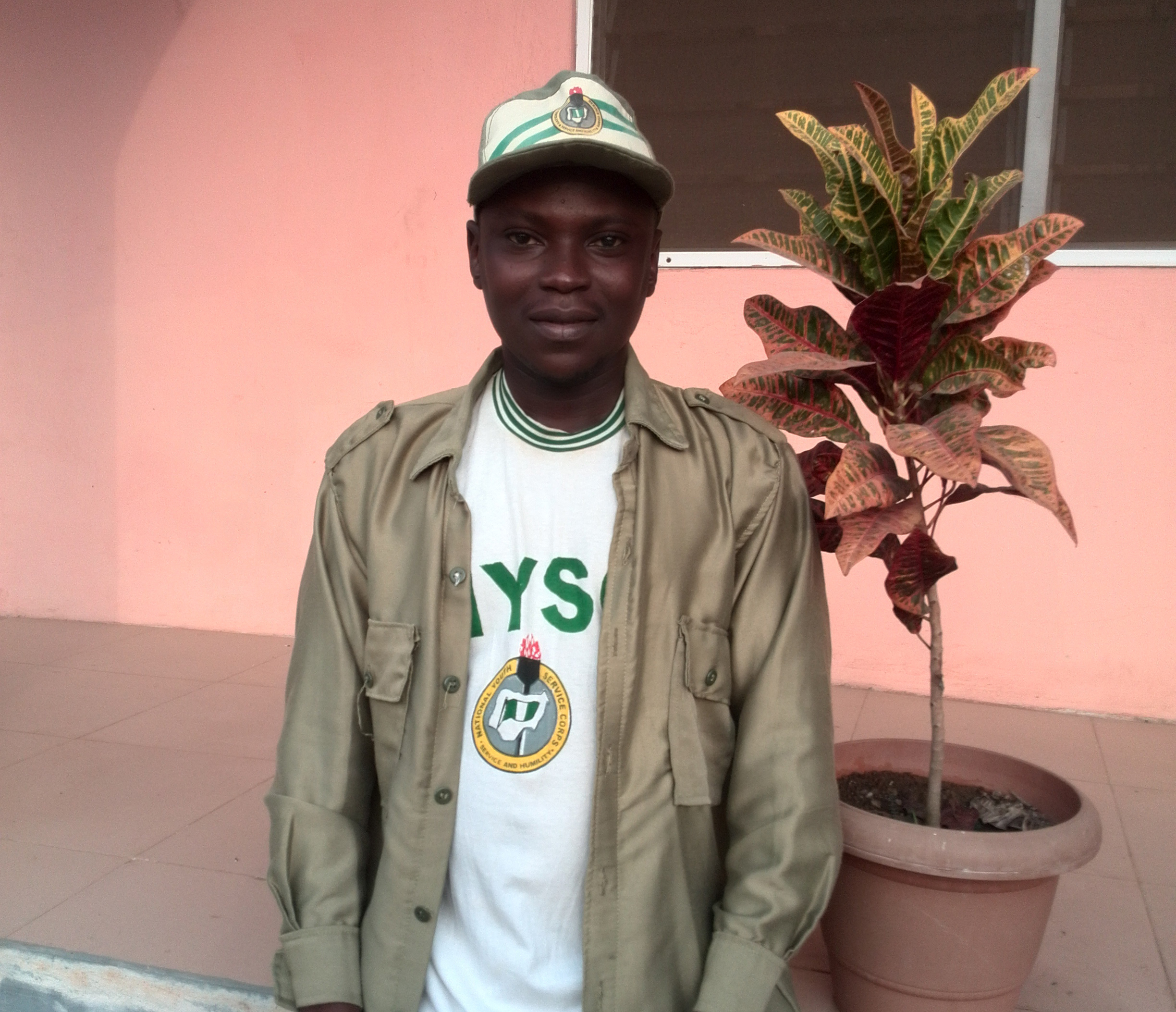A role as a whistle-blower, the untold milestones …

Why whistleblower? A dozen or more names, call him an informer, a mole, a snitch, a grass, a tattletale, a telltale, a stoolpigeon, a sneak, a busybody, a chatterbox, a gossiper, a chatterer, or a blabbermouth; they all mean the same thing. These names are belittling; it is like giving a dog a bad name in order to hang it. Each of the names means a person who typically carries or leaks useful or useless information from one person to the others in such ways as is socially frowned at. A Yoruba proverb says; “a blabbermouth does not get a financial reward, but mere thanks.” A proverb could reflect the culture and society at a given time. Such is the afore-quoted proverb. The proverb was true at the time the society was largely honest, humane and hardworking. The society had no time for busybody then. The proverb is no longer absolutely true; a mole could now get both financial reward and appreciations. Times have changed; our society now is largely corrupt, with bounteous evil and heartlessness hence the need for such persons with roles that could address the challenges of the new times. Thus, the role of an informant has been found useful in these new days. To make the roles societally decent and acceptable, the name to drive the role is tastefully called a ‘whistle-blower’ in some societies. President Buhari launched the whistleblower policy as one of the tools for combating corruption in Nigeria. The whistle-blowers are given roles that are recognized by the policy of the national government with quantifiable reward promised for performance. Legislation to protect and encourage these informants has not been implemented, but from the look of things the policy has achieved some dynamic success.
Wanting a role as a whistleblower? Early this year, 2017, the government Minister of Finance – Mrs Kemi Adeosun had encouraged the public to report any fraudulent action about violation, diversion of revenue, unapproved payments and procurement, mismanagement, financial malpractice, misconduct and misappropriation of public funds detrimental to Nigerians to the government through s.m.s. (short messages service) to phone line (+234) 090 980 679 46 or via an email to whistle@finance.gov.ng or through official portal https://www.finance.gov.ng/. The minister also promised that the reward for reporting such fraud (most especially if it is confirmed to be true) range from 2.5% minimum to 5% maximum of the recovered loot provided the stolen money or assets are recovered on the account of the information provided. Therefore, whistle-blowers are now people who report illegal or fraudulent activities of public officers and associated citizens to the government; while in return, the government is expected to reward the whistle-blower with a portion of the total assets or money recovered. The success story! The success of the policy so far had been confirmed by the Minister of Information and culture Alhaji Lai Mohammed when he said that the Federal Government whistleblowing policy has yielded $151million and N8billion in looted funds and that these were recovered through the clues provided by three whistle-blowers who gave actionable information to the office of the Minister of Justice and Attorney General of the Federation. In addition the Minister revealed that the biggest amount of $136,676,600.15 was recovered from an account in a commercial bank where the money was kept under a fake account name. Other moneys recovered have so far totaled $160 million he concluded. Also, sequence to an information allegedly provided by a whistleblower, the EFCC broke into a four-story apartment in Lagos and allegedly pulled out $43 million, 27 Million Euros and N23 million from a wardrobe. The alleged incident put Nigerians in a hysteria mode for a while because they could not imagine how a single individual could alone possess such amount of money. This is applause to the government. The question on the lips of Nigerians today is; where are all these monies that have been recovered from the alleged looters of Nigerian government treasury? The amounts recovered so far would have gone a long way in revitalizing the economy as well as improve the standard of living of Nigerians, but this has not been so. Instead, the reverse is the case, thus generating further question of whose interest the policy is serving, the Nigerian interest or the elites? This raises fear that if care is not taken there is the possibility of recovered loots being re-looted by those who recovered them?
Audit Committee set up on looted funds. But the current Nigerian government hovers over its citizens; it sees, hears and reads her citizens’ lips and thoughts. Thus and predictably, President Buhari, the Nigerian leader swiftly set up Audit committee on recovery of looted government assets. The committee would ascertain each and every looted asset that is administratively or legally in custody of Government anti-corruption agencies. It is expected that the committee would also account for the looted assets that are temporarily in custody and those whose cases have been finally determined for seizure or release by the courts of law. Milestones There lies a major milestone – the courts of law in democratic environment. The conclusion of various cases of allegation of looting through the courts of law determines the fulfillment or non-fulfillment of government policy to the whistleblower. The cases can drag on for many months and even years leaving the whistle-blowers cold, lonely and angry in delay of payment for ‘work’ done. The milestones are plenty. Apart from being unpaid on time, the whistleblower might face threats, counter lawsuits related to existing work confidentiality agreement, reluctance by future employers to accept him and even syndicated assassination. The strength and uprightness of the prosecutors influences the fall-out of any allegation. Government therefore needs to strengthen knowledgeable, skilled and upright prosecutors. In addition, a whistle-blower might be bought over by the looter or be woven or roped into the crime he had reported. He thus needs protection, not only by legislation, but also in action. A long wait by a whistle blower for the pay day is a wrong signal at recruiting other potential whistle-blowers at unraveling many unanticipated corruption cases.
STOP PRESS: Vanguard Nigerian Online news authoritatively reveals that the whistleblower on the unclaimed sum of $43.5million, 27,800 Pounds and N23.2million of Ikoyi found has been paid N421million out of the N850million allegedly claimed by his Lawyer – Mr Yakubu Galadima to be due to his client, the whistleblower. The report further indicated that the whistleblower like United States’ Snowden has flown out of the country, presumably into safety.

